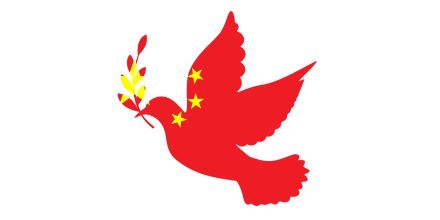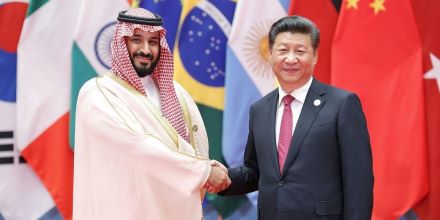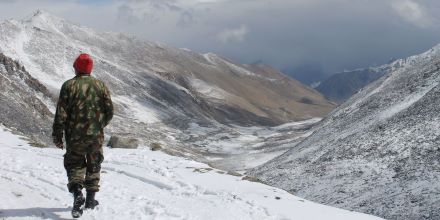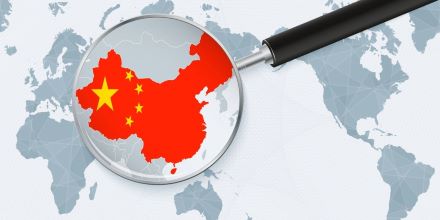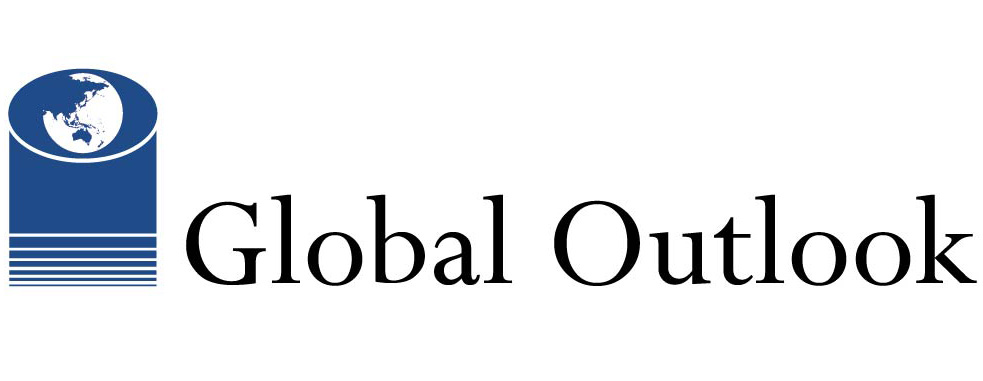
Curated expert opinion on intractable contemporary issues
China is Reinventing Itself as a Peace Broker — How Will America Respond?
By Chung-in Moon | 31 March, 2023
The world consists of more players than the US’ allies and friends, and conflict and strife generally occur outside the US’ sphere of influence. That’s why China’s Global Security Initiative diplomacy could present a serious challenge to the US’ diplomatic leadership.
The Limits of Beijing’s Middle East Diplomacy
By Amin Saikal | 28 March, 2023
In China-brokered talks, the two oil-rich and rival states of Iran and Saudi Arabia have agreed to restore diplomatic relations after a seven-year split. Although the two sides need much confidence-building, their rapprochement carries the potential to change the regional geopolitical landscape at the cost of concerns for policy hawks in the US and Israel.
Military Skirmishes in the Himalayas
By Herbert Wulf | 21 March, 2023
In the shadow of two major geopolitical crises, the competition between China and the USA in the Pacific and the Ukraine war in Europe, a showdown between India and China is taking place in the Himalayas. The two most populous countries in the world have not been able to agree on a common border in the Himalayas for more than six decades. There are often dangerous military skirmishes, with the risk that the conflict will spiral out of control.
Implications of the Fraying of the Liberal International Order for Policy Oriented Research
By Ramesh Thakur | 18 March, 2023
International politics is the struggle for the dominant normative architecture of world order based on the interlay of power, economic weight and ideas for the good international society. For several decades now wealth and power have been shifting from the west to the east and produced a rebalancing of the world order.
The Missing Link - Indigenous Pasifika Climate Knowledge
By Tafue Lusama | 07 March, 2023
The global climate narrative has been largely shaped by Eurocentric philosophies, frameworks, and concepts. In most cases, adaptation and mitigation measures are formulated outside of the Pacific region, trialed, and then implemented in the Pacific with the assumption that they are the best solution for the Pacific Island countries, without considering the indigenous knowledges that do exist at the grassroots.
Nuclear Armament is a Lose-Lose-Lose for South Korea
By Chung-in Moon | 03 March, 2023
The path toward acquiring nuclear weapons could jeopardize Korea’s survival, endanger its prosperity, and damage its prestige in the international community.
The views and opinions expressed in Global Outlook are those of the authors and do not necessarily reflect the official policy or position of Toda Peace Institute.
